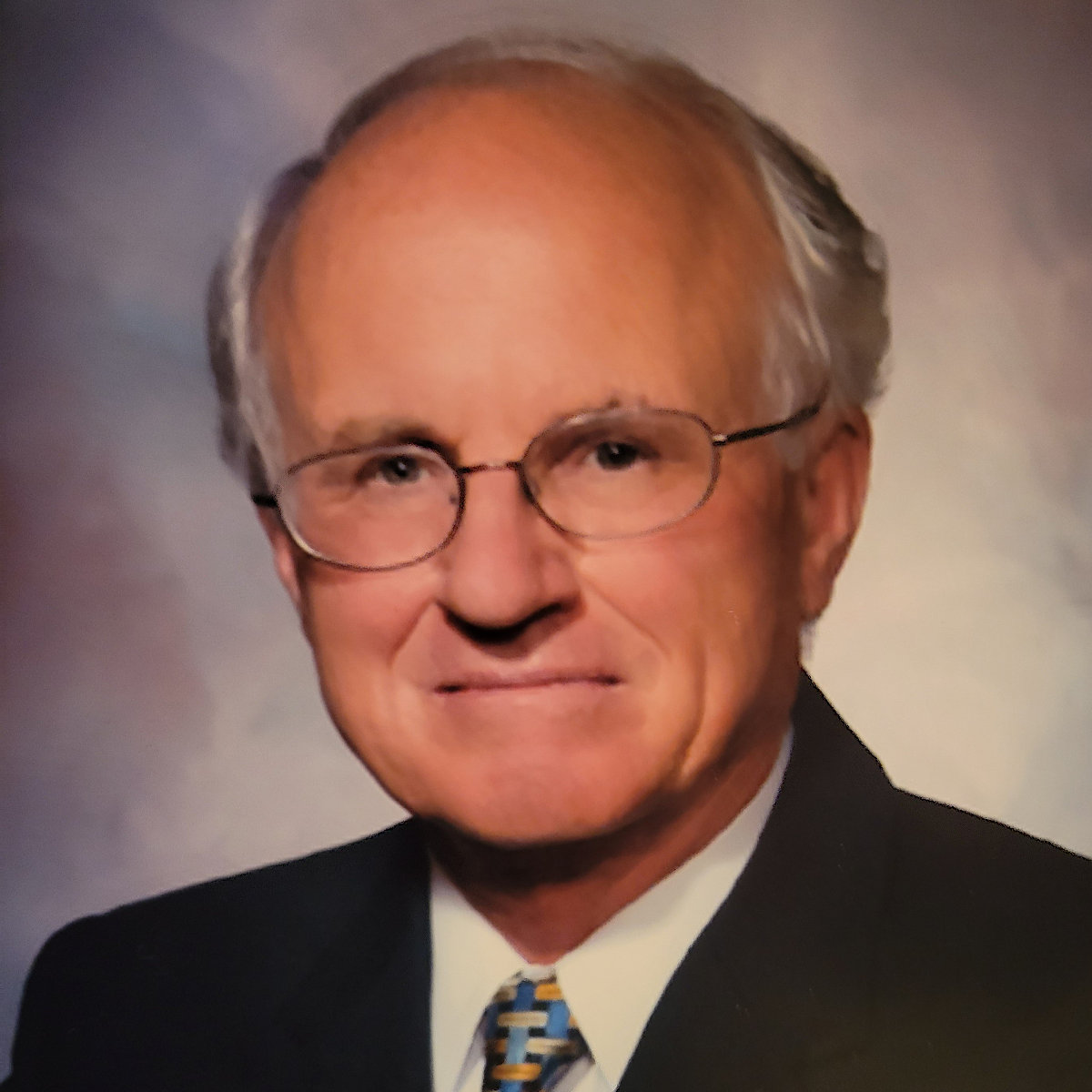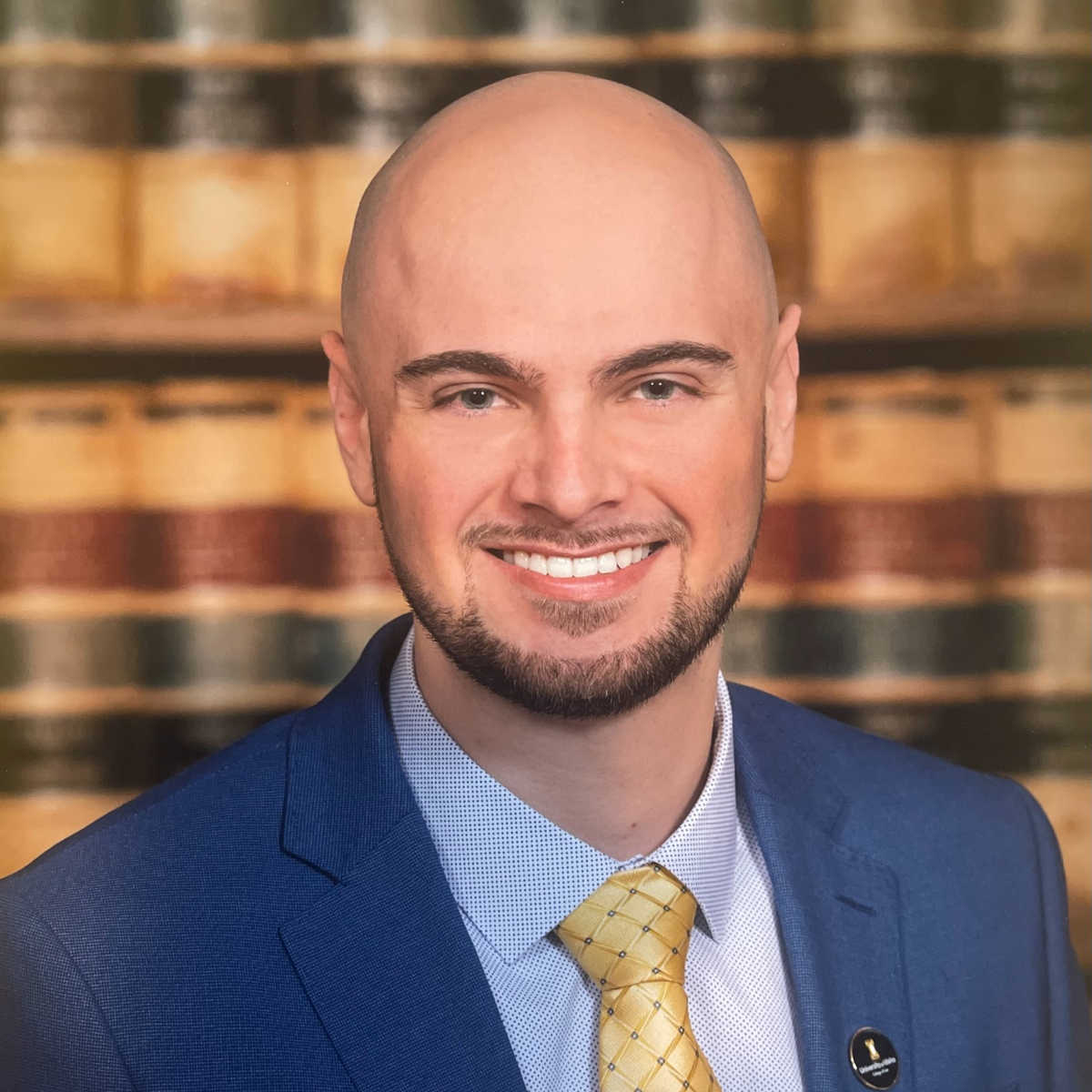Remote Justice
Idaho Heritage Project introduces future lawyers to rural opportunities
Residents of Camas, Clark and Lincoln Counties, all in rural Idaho, face a looming legal crisis – no lawyers are practicing within their borders.
Their situation is just part of a not-so-pretty picture across the state – half of Idaho’s 44 counties have 10 or fewer lawyers, including government attorneys who do not practice privately. A shortage of lawyers means Idaho residents with legal issues might have to pay for lawyers to travel to represent them, or in some cases, will end up representing themselves.
University of Idaho’s College of Law is working to address the problem by introducing future law school graduates to these rural opportunities through the Idaho Heritage Project. The Idaho Heritage Project - Rural Scholarship Fund provides financial support for students to obtain summer internships in rural communities throughout Idaho.
During the summer of 2023, eight Law students interned for prosecutors, public defenders, private practitioners and judges in four Idaho districts through Idaho Heritage Project awards.
More and more people are leaving larger cities and moving to rural areas. That means they are bringing their larger, more complex legal issues with them. I think I’ve gotten a better education and exposure to the legal world here than I would have in a larger city.
— Jarrett Broughton ’23, lawyer
Not only is there a need for lawyers in rural Idaho communities, but in many cases, for the right candidate, living and working in a small town can make for a perfect match.
“We know there is a need in our more rural communities and we want to expose our students to the possibilities of practicing law in those areas,” said Aviva Abramovsky, dean of Law. “We think it takes a real understanding of what a rural practice looks like for a lawyer in order to make that connection.”
Aviva Abramovsky
Dean
Finding the Right Fit
Dwight Baker ’71 knows a lot about making connections. The U of I alumnus and retired attorney spent most of his legal life in Blackfoot, putting in as much time cultivating relationships as he did in the courtroom.
“I’ve always said that if you commit to practicing in a small town for 10 years, that town will take care of you for the rest of your life,” he said. “When you find the right fit, it becomes a very strong bond.”
In 2023, Baker and his wife created the Dwight and Ali Baker College of Law Scholarship, which supports, among other facets, the Idaho Heritage Project. Baker never had an intern while practicing in Blackfoot and understands that guidance and financial assistance is needed to connect law school students with rural law opportunities.
According to Baker, the qualities a small-town lawyer might need can vary, but there are a few constants.
First, they should enjoy life outside the courtroom, especially in areas where outdoor activities are plentiful.
“When it’s 5 o’clock, it’s not unusual to be golfing, fishing or hiking,” Baker said. “People come to small communities for a reason, and spending time outside is usually one of those reasons.”
Second, they will be exposed to cases involving all aspects of the law and will need a broad knowledge base coming into the job.
“When I was in law school, there were no specialized classes and I think we received a more broad, basic knowledge of law,” Baker said. “Now, with a lot of specialization, I think some of that broad knowledge gets lost. Maybe law schools need a ‘small-town lawyer’ type of track.”
While noting that many law school graduates look for higher-profile jobs in larger metropolitan areas, as well as higher-paying jobs to help pay off school loans, Baker said becoming a rural lawyer has many benefits for the right person.
“You have a chance to become an important part of your community and to really get to know the people you work and live with,” he said. “And you get to enjoy life.”

Building Relationships
Jarrett Broughton ’23 joined a law firm in Post Falls after he graduated from Idaho Law, and it was an Idaho Heritage Project internship that originally introduced him to his future employer.
During his time in Post Falls, Broughton learned how crucial it is for smaller towns to have access to lawyers. He spent time assisting clients as far away as Bonners Ferry because they can’t find anyone else to help.
“A lot of people have substantial legal issues but can’t find representation, so they either represent themselves or have to pay an attorney to travel back and forth to come to court for them,” he said. “If there are only a few lawyers to go around in a large rural area, clients are at a disadvantage.”
Broughton also said establishing relationships with people you see in work settings is important because you don’t have the anonymity that often comes with working in a larger metropolitan area.
“You often have to work with the same people day after day – judges, opposing counsel and others,” he said. “It’s not like a big city where you likely won’t run into anyone you work with after hours.”
Broughton, who recently left his firm in Post Falls to relocate to rural Colorado, is thankful for his time at U of I and is especially grateful for the faculty members who suggested looking at an Idaho Heritage Project scholarship.
Gaining experience through his internship led him to a perfect landing spot – an area where he enjoyed a slower pace of life while gaining experience in more aspects of law than he may have had access to in a larger area.
“More and more people are leaving larger cities and moving to rural areas,” he said. “That means they are bringing their larger, more complex legal issues with them. I think I’ve gotten a better education and exposure to the legal world here than I would have in a larger city.”

Article by David Jackson, University Communications and Marketing.
Photo by Melissa Hartley, University of Idaho Visual Productions and courtesy photos from Dwight Baker and Jarrett Broughton.
Published in July 2024.









